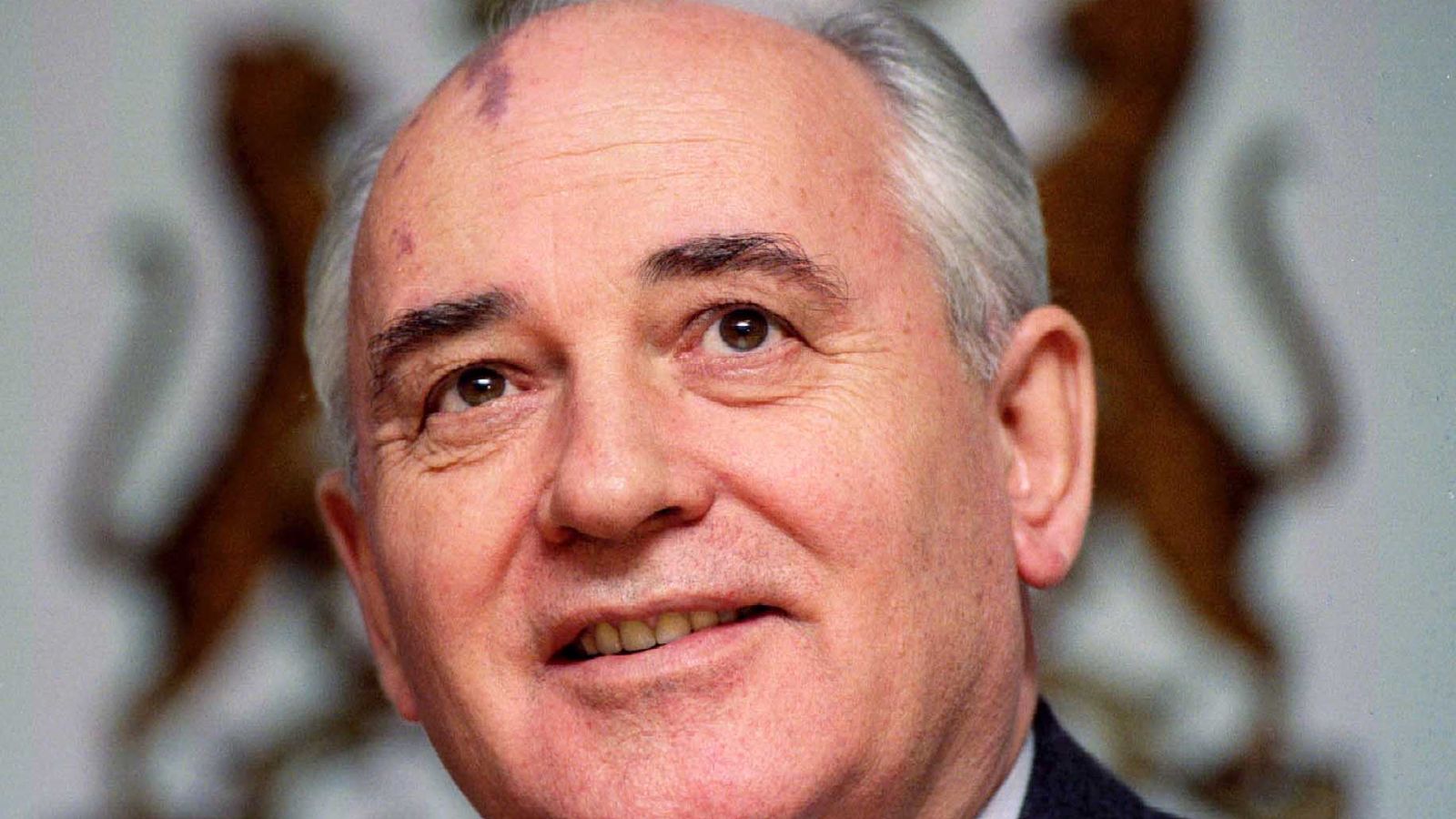Former Soviet president Mikhail Gorbachev has died at the age of 91, according to Russian media.
His office earlier said that he was undergoing treatment at the Central Clinical Hospital in Moscow.
His death was reported by the Tass, RIA Novosti and Interfax agencies, citing the medical facility.
Mr Gorbachev was known for ending the Cold War without bloodshed but failed to prevent the break-up of the Soviet Union in 1991.
He forged weapons reduction deals with the US and partnerships with western powers to remove the Iron Curtain that had divided Europe since World War Two and bring about the reunification of Germany.
When pro-democracy protests swept across the Soviet bloc nations of communist Eastern Europe in 1989, he refrained from using force.
This was unlike earlier Kremlin leaders who had deployed tanks to crush uprisings in Hungary in 1956 and Czechoslovakia in 1968.
Mikhail Gorbachev: The village boy whose democratic instinct and abhorrence of nuclear weapons changed the 20th century
Former president of the Soviet Union Mikhail Gorbachev dies
Pakistan: UN appeals for $160m in emergency funding after deadly floods
But the demonstrations fuelled aspirations for autonomy in the 15 republics of the Soviet Union, which collapsed over the next two years.
When he became general secretary of the Soviet Communist Party in 1985, aged 54, he set out to revitalise the system by introducing limited political and economic freedoms, but his reforms spun out of control.
His policy of ‘glasnost’ – free speech – allowed previously unthinkable criticism of the party and the state, but also emboldened nationalists who began to press for independence in the Baltic republics of Latvia, Lithuania, Estonia and elsewhere.
Many Russians never forgave Mr Gorbachev for the turbulence that his reforms unleashed, as they felt the subsequent plunge in their living standards was too high a price to pay for democracy.






